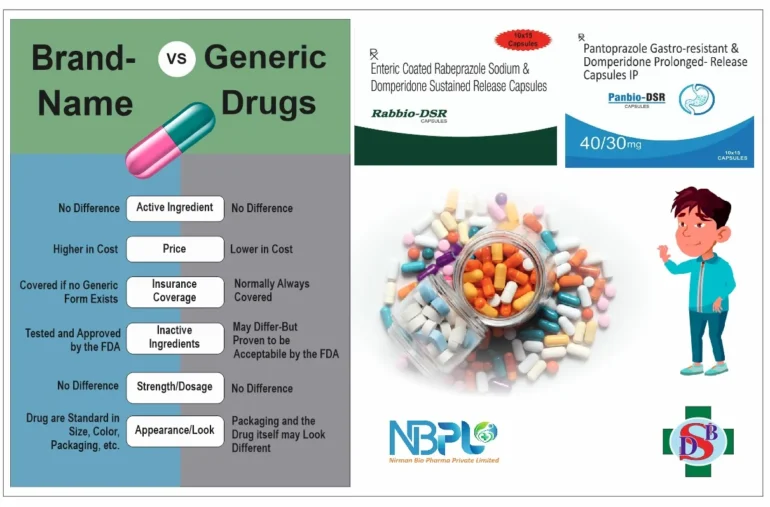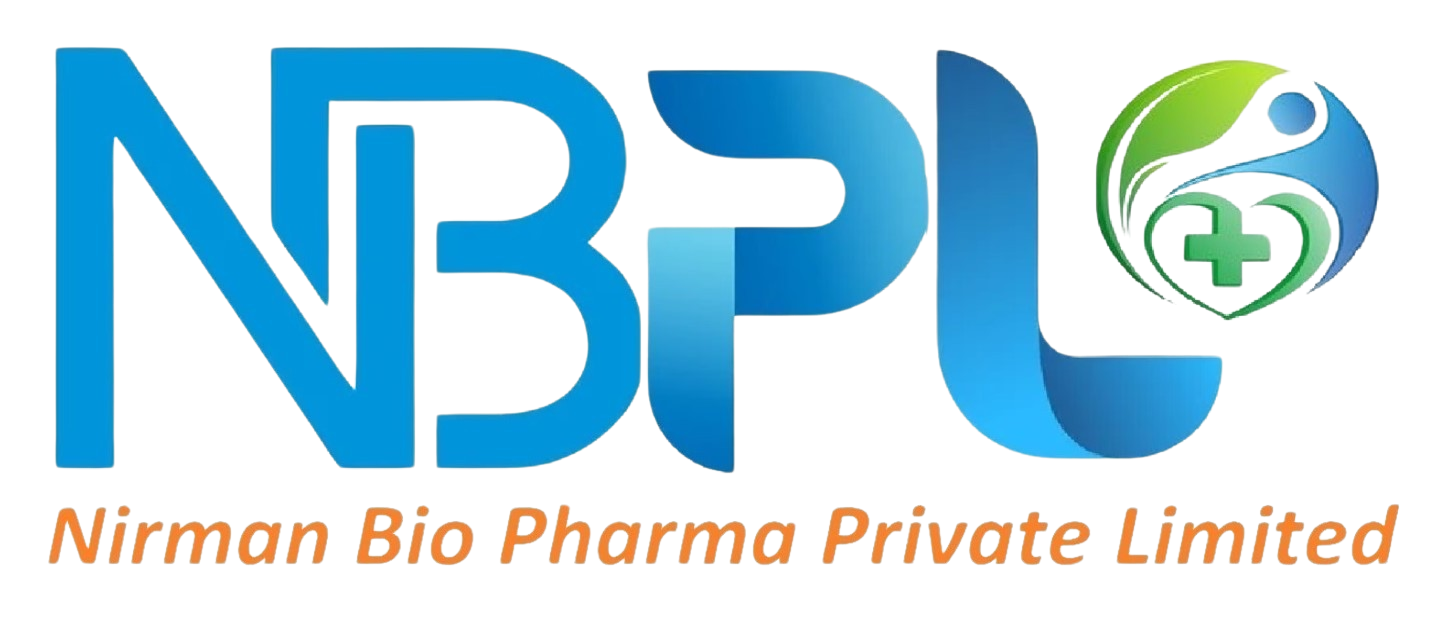- Your cart is empty
- Continue Shopping
what is the difference between generic and branded medicine?
-
nirmanbiopharma
- Posted on
- 0 comments

1.What Are Generic Medicines?
2.What Are Branded Medicines?
3.Why Are Branded Medicines Often More Expensive?
4. Are Branded Medicines Less Effective Than Generic Medicines?
5.Understanding the Perception of Effectiveness
6.Understanding the Perception of Effectiveness
Moreover, because generic medications are typically more affordable, they enhance accessibility to essential treatments for a broader population. This affordability reduces financial barriers to healthcare, allowing patients to adhere to prescribed treatments without undue financial strain.
Additionally, generic medicines undergo rigorous testing to demonstrate bioequivalence to brand-name drugs. This testing ensures that they are absorbed into the bloodstream at the same rate and extent as the original medication, thereby achieving equivalent therapeutic outcomes.
Furthermore, the widespread use of generic medicines has demonstrated their effectiveness and safety over decades of clinical practice. Healthcare providers often prefer generics due to their proven track record and cost-effectiveness, enabling them to make informed treatment decisions that prioritize patient health and well-being.
In conclusion, generic medicines offer a reliable and cost-effective option for managing various health conditions, making them a suitable choice for the human body in terms of efficacy, safety, and accessibility.
Conclusion
In conclusion, generic medications offer numerous advantages that significantly benefit human health. They are notably cost-effective due to increased competition after patent expiration, which lowers prices and enhances accessibility to essential treatments. Despite their affordability, generics maintain equal effectiveness compared to brand-name drugs, meeting stringent regulatory standards for safety, quality, and efficacy. Their widespread availability ensures a reliable supply, minimizing the risk of medication shortages. Furthermore, generics foster competition in the pharmaceutical sector, driving innovation and efficiency in drug manufacturing and distribution. Healthcare professionals trust generics because of their proven bioequivalence and regulatory approval, providing patients with dependable treatment options. Overall, generic medications serve as trustworthy and cost-efficient alternatives to brand-name drugs, supporting healthcare systems by improving access to vital medications while upholding high standards of therapeutic effectiveness and safety.

